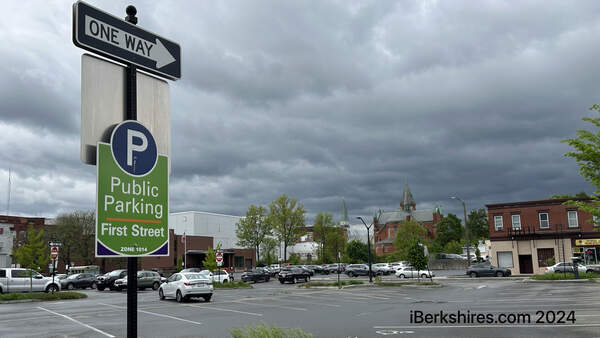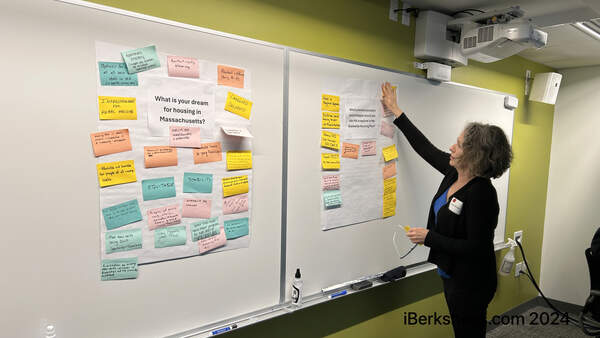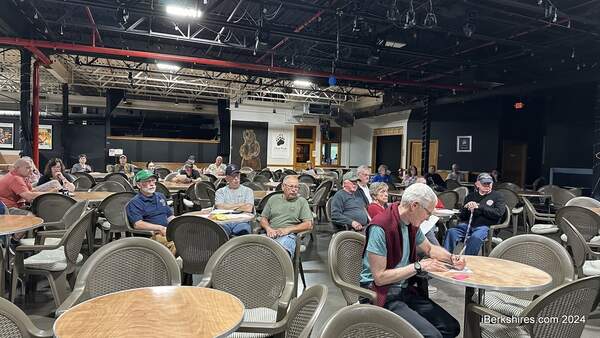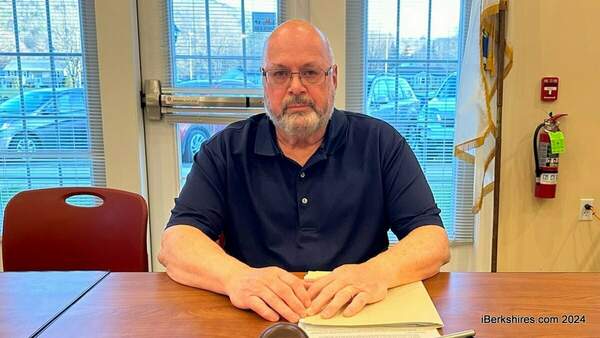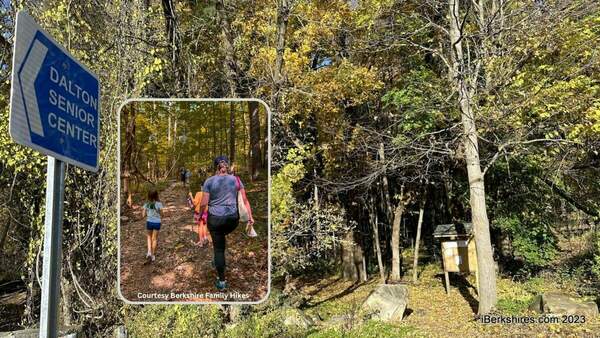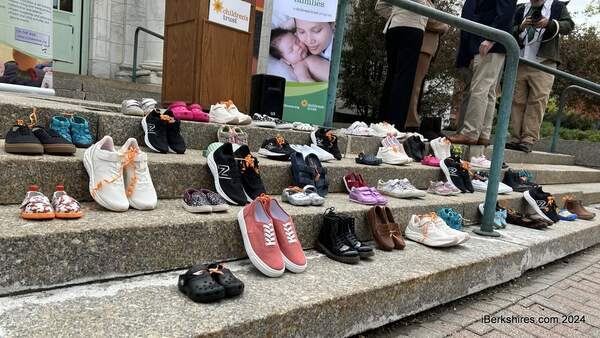Return to Normalcy Makes Pittsfield COVID Rates Rise
PITTSFIELD, Mass. — A return to normalcy has caused COVID-19 cases to rise in the city but health officials are not alarmed.
During Tuesday's City Council meeting, Director of Public Health Andy Cambi compared metrics from this summer and last summer.
On Monday the percent positivity rate was 12.5 and the average case rate was 36.1 cases per 100,000. On the same day last year, the percent positivity rate was 2.4 and the average case rate was 11.1 cases per 100,000.
"What we're seeing this summer around is that we did see a slight increase in the daily cases in the couple of months that you had, June and July," he said.
"Nothing that caused concern for me to say, 'OK, we need to reconvene and we need to issue mask mandates or shut down businesses.' I think the difference this summer was we returned to more to normal activities, we had the great Fourth of July parade, we had a lot of gatherings, we had a lot of less restrictive travel."
Cambi added that because of this, the city started seeing "much higher" numbers than in the summer of 2021.
Though the metrics have increased, patients haven't. There were around 10 hospitalizations this time last summer and that number remains roughly the same. There are currently 13 patients hospitalized at Berkshire Medical Center with the virus.
For the most part, the city has remained in the red incidence rate for transmission since late last year. There was some reprieve in spring when Pittsfield briefly dropped into the yellow.
Because the state's Stop the Spread program that provided free PCR tests to everyone was scaled back, people are now testing from home more frequently. Because of this, the city's Biobot sewage testing is said to be the most accurate representation of the virus' prominence.
Last year there were about 92.3 thousand copies per liter of the virus in the sewage and on Monday there were 1.1 million copies per liter.
"I think it's important to take a look at what we're seeing this past couple of days because we've seen a steep incline in the virus concentration that doubled in the copies per liter," Cambi said, adding that residents need to be prepared to take proper precautions if necessary.
He urged eligible residents to get a booster shot for their COVID-19 vaccinations and pointed out that the U.S. Centers for Disease Control created a booster tool to assist in the process.
Cambi also announced that the city has hired Gabrielle DiMassimo as a community health worker who will also help with contact tracing and that the expiration for at-home test kits was extended.
Tags: COVID-19,
More Coronavirus Updates

